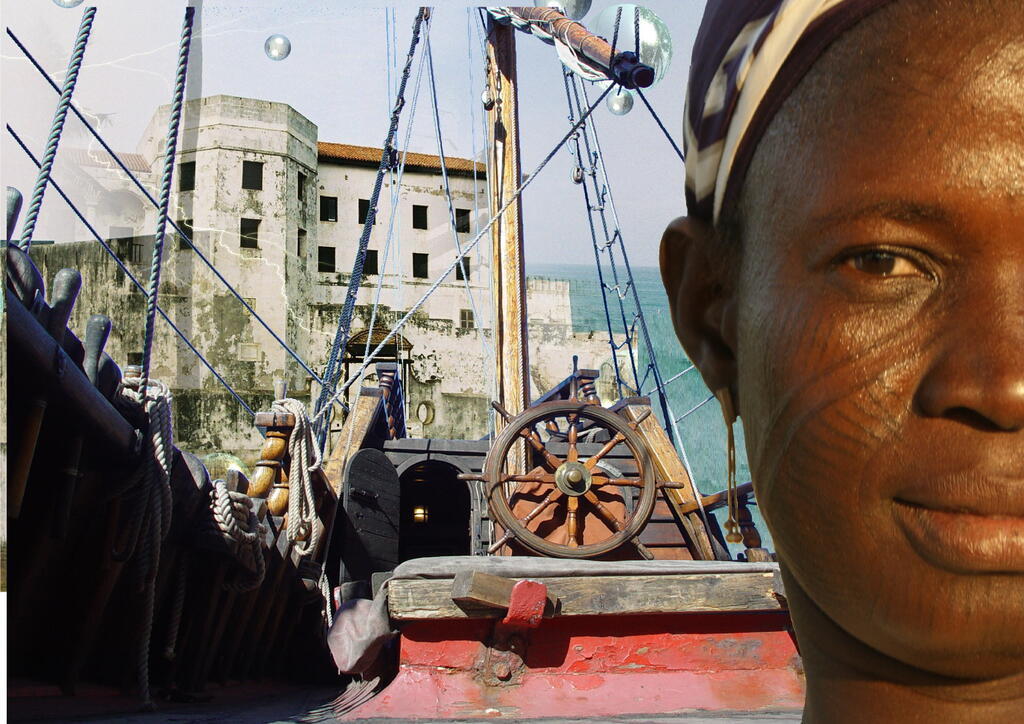Volta Regional Museum: Preserving the Cultural Heritage of Ghana’s Volta Region
Located in the city of Ho, the capital of Ghana’s Volta Region, the Volta Regional Museum serves as a vital cultural institution dedicated to preserving, interpreting, and showcasing the unique traditions and history of the people of the Volta area. This ethnographic museum offers a deep and personal view into the lives, beliefs, and artistic expressions of the region’s diverse ethnic communities, including the Ewe, Guan, and Likpe peoples, among others.
Established in the 1970s, the museum has grown into a respected center for cultural education and heritage preservation. It stands as a proud reflection of the region’s past and a bridge connecting younger generations to the rich traditions of their ancestors.

Volta regional museum (c) Remo Kurka
A Window into Volta’s Cultural Diversity
The Volta Region is one of the most culturally diverse areas in Ghana, and the museum reflects this richness through its carefully curated collection of artifacts, photographs, and craftwork. The exhibits focus on the everyday life and ceremonial traditions of the region's inhabitants, highlighting their customs, beliefs, and creativity.
Some of the museum’s key displays include:
Traditional crafts, such as wood carvings, pottery, and weaving, including examples of Kente and other local textiles.
Musical instruments like drums, gongs, and flutes, which play central roles in storytelling, dance, and ritual practices.
Historical photographs that document key moments in the region’s social and political history, including colonial encounters and the role of local leaders.
Ritual objects and regalia used in chieftaincy, initiation rites, and religious ceremonies, reflecting the spiritual life of Volta’s communities.
These items not only illustrate the aesthetics of Volta's material culture but also serve as symbols of identity and continuity within the various ethnic groups.
Education and Community Engagement
Beyond its function as a repository of artifacts, the Volta Regional Museum plays a crucial educational role. It regularly hosts school groups, researchers, and tourists, offering guided tours and cultural events that promote deeper understanding of the region’s heritage.
The museum also supports local artisans and tradition bearers by providing a platform for exhibitions and collaborations, thereby contributing to the preservation and promotion of indigenous knowledge systems. Through its outreach programs, it encourages the transmission of cultural values and practices to younger generations.
A Site of Memory and Pride
The museum is housed in a modest colonial-era building, but its cultural significance is profound. It stands as a site of memory, pride, and learning for the people of the Volta Region and beyond. It also complements Ghana’s broader efforts to preserve and celebrate its diverse national identity through regional museums and cultural institutions.
As visitors explore the displays, they are not only learning about artifacts—they are engaging with the living legacy of a people whose traditions continue to shape their modern lives.
The Volta Regional Museum in Ho is a hidden gem among Ghana’s cultural institutions. It serves as both a guardian of tradition and a dynamic educational space, ensuring that the stories, skills, and spiritual heritage of the Volta Region are not lost but celebrated and shared. For anyone seeking to understand the cultural heartbeat of eastern Ghana, the museum offers a meaningful and memorable experience.
🇬🇭 Ghana3d.com Gateway Experience 360
Find your roots and rise — Ghana3d.com Gateway Experience 360 is your ultimate guide to cultural, historic, and soul-stirring adventures. Whether you're returning to your ancestral land or exploring Ghana for the first time, we offer curated journeys that connect you deeply to the spirit of West Africa. From powerful walks through Cape Coast & Elmina slave castles to the vibrant rhythms of Accra’s nightlife. From sacred village ceremonies to awe-inspiring natural beauty — your journey starts here.
- ✔ Instant Confirmation
- ✔ Free Cancellation
-
✔ Best Price Guarantee
You'll receive a full refund if you cancel at least 24 hours in advance of most experiences.
Other Museums - Websites, part of Ghana-Net com:

Trans Atlantic Slave Trade (c) Remo Kurka